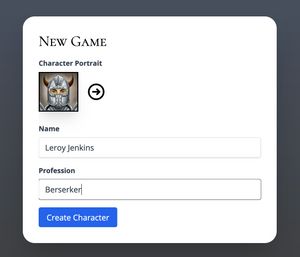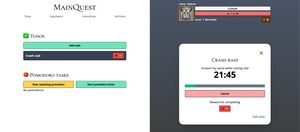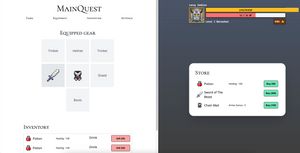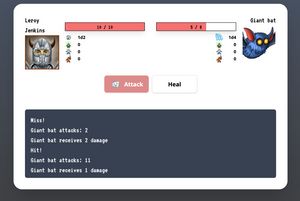I stole this title from levels.io, the person who pioneered this challenge I am about to face.
It impresses me how successful he has been in bootstrapping businesses by himself.
His content has resonated strongly with me, and I will attempt to do the same:
I will bootstrap 12 startup projects, maybe more accurately minimum viable products, within 12 months.
I do not aim to be Jeff Bezos or Elon Musk making the next tech giant. I would rather be the next laundromat owner making a decent profit with problems at a smaller scale.
Thinking like a small business owner makes much more sense for an indie developer wanting to go solo.
An ambitious lazy guy
Friends have told me I have large contradictions in my personality traits, and they are right.
For one, I think I work harder than most, and I love my craft, but my life goal is to live a lazier, more laidback life and not having to work 40 hours a week.
When I decided to go with this challenge, something clicked.
I will probably work hard during this year, but I can take timeouts as I see fit. As long as I am financially liquid, I will have no external dependencies.
As I struggle to adapt to the early riser sleep schedule, my health will probably also benefit from more sleep.
I have saved up the equivalent of a livable yearly net income in Oslo for a year. A considerable investment in myself.
Freedom in constraints
I believe constraints are helpful, as long as they are not oppressive.
Twelve startups within one year is a constraint in itself.
I will have to launch and charge for products before I am comfortable with them.
Having constraints lets me push the bullshit aside and focus on my objectives.
That's why I will also choose a rigid technical stack.
Typed functional languages enforce meaningful constraints. These constraints prevent bugs from happening in production. They also make me more comfortable making changes in my codebase.
These benefits should be a strength for startup projects driven by a solo developer.
IHP, Integrated Haskell Platform, will be my primary driver for creating stuff.
Secondarily, technologies like Nix, Elm, PureScript, and the likes will assist me in building as much as possible inside constraints that will give me peace of mind and possibly increase my efficiency.
Results trumps the rules
The overarching objectives of this challenge will be more important than the rules. The real goal is to build one or more profitable businesses I can manage myself.
Should I have been successful in making an unlikely million-dollar profit on an early attempt, I might flip my strategy.
Should life come in the way or a burnout brewing, I will take a timeout for as long as needed.
Should I feel a product needs more work to be viable, I will invest more time.
"Build, measure, learn"-ish
My main playbook will mainly be the MAKE book because it's easy to act on. I will probably also get some insights from other books like The Lean Startup and others.
Following some of these frameworks to the letter could weigh me down as a solo entrepreneur. Many of these books advocate building around a team and scaling.
I can't imagine I would want to run something that would demand me hiring people.
My first project: MainQuest
My first project will also address one of my current issues in life, especially after I became a developer and the pandemic.
I love working on creative projects, but I forget to take care of my health and surroundings.
Exercise, keeping my home clean, eating healthy, and meditating. All of these aspects of my life deteriorated due to too much work and too little recovery.
I am also very easily persuaded by how games reward me and keep me hooked.
I have never found an app that strengthens my productivity and good habits with immersive enough gamification.

MainQuest will be a productivity app using gamification to make tedious tasks and habits more fun. You can track your daily tasks, track work tasks and get daily bonuses for keeping habit streaks alive.

You will create an RPG character. For every task and habit you stick to, you will earn gold for your character. With this gold, you can buy sweet gear for adventuring in an actual turn-based role-playing game and level up your character or die trying.


The stack is IHP along with Elm for the more advanced UI use-cases.
I had a head start on this project during my Christmas holidays in 2020. After the holiday, I quickly became too exhausted by combining this with my day job. It will be great to pick up where I left off.
If I can solve my problems in a rewarding way, the solutions will hopefully work for others as well 😃

